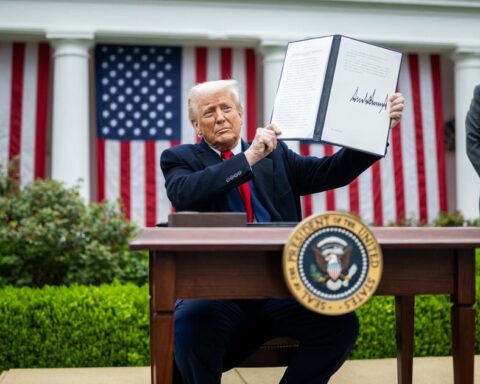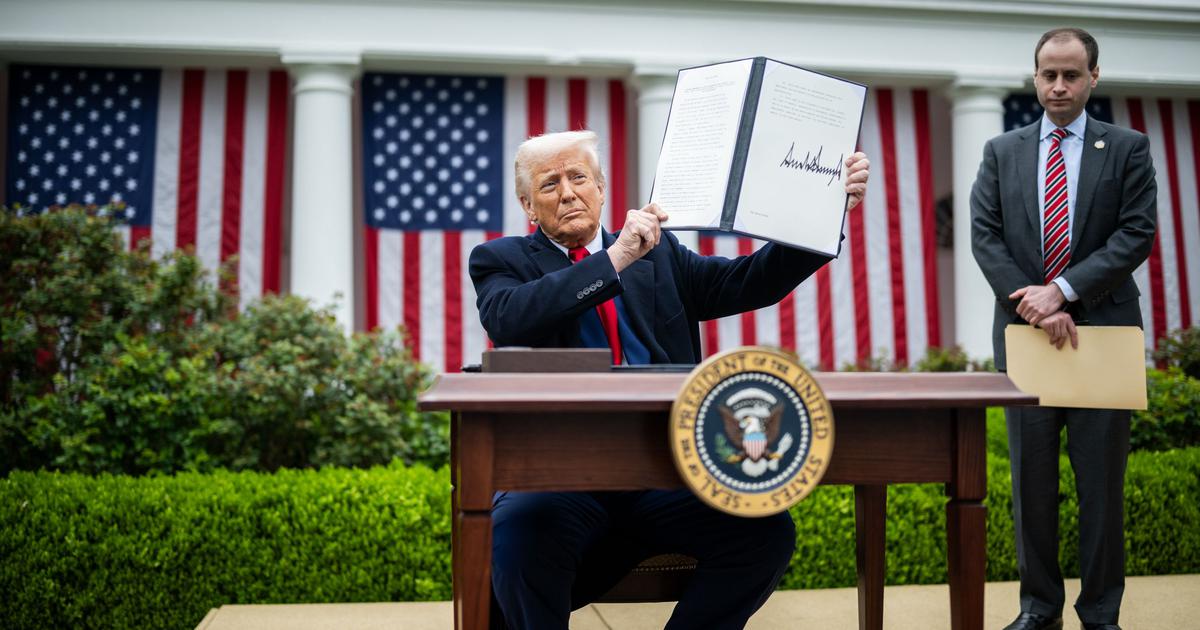The controversial decision to prevent the deal has sparked criticism from both companies and raised concerns over US national security and foreign investments.
US President Joe Biden’s recent decision to block the $14.9 billion acquisition of US Steel by Japan’s Nippon Steel has set off a legal and political firestorm. The move, which is seen as a defense of national security and critical supply chains, was met with strong opposition from both steel companies, who argue that the decision was politically motivated and lacked credible evidence of a security threat.
Biden cited national security risks, warning that the deal would place one of America’s largest steel producers under foreign control. His decision, following a deadlock in the Committee on Foreign Investment in the United States (CFIUS), was supported by a rare bipartisan agreement, with both political parties voicing concerns about the potential impact on domestic industries.
Despite the backlash, including a sharp decline in US Steel’s stock and criticism from the Japanese government, the president’s move aligns with his broader economic policies aimed at revitalizing US manufacturing. The decision is seen as part of his effort to strengthen domestic industries and protect jobs, particularly in critical sectors like steel production.
The controversy is far from over, with both US Steel and Nippon Steel threatening legal action, claiming that the process was corrupted by politics and that the decision undermines confidence in future foreign investments in the US.
This dramatic turn of events highlights the intersection of national security concerns, global trade dynamics, and the push for stronger protectionist policies in the US.















